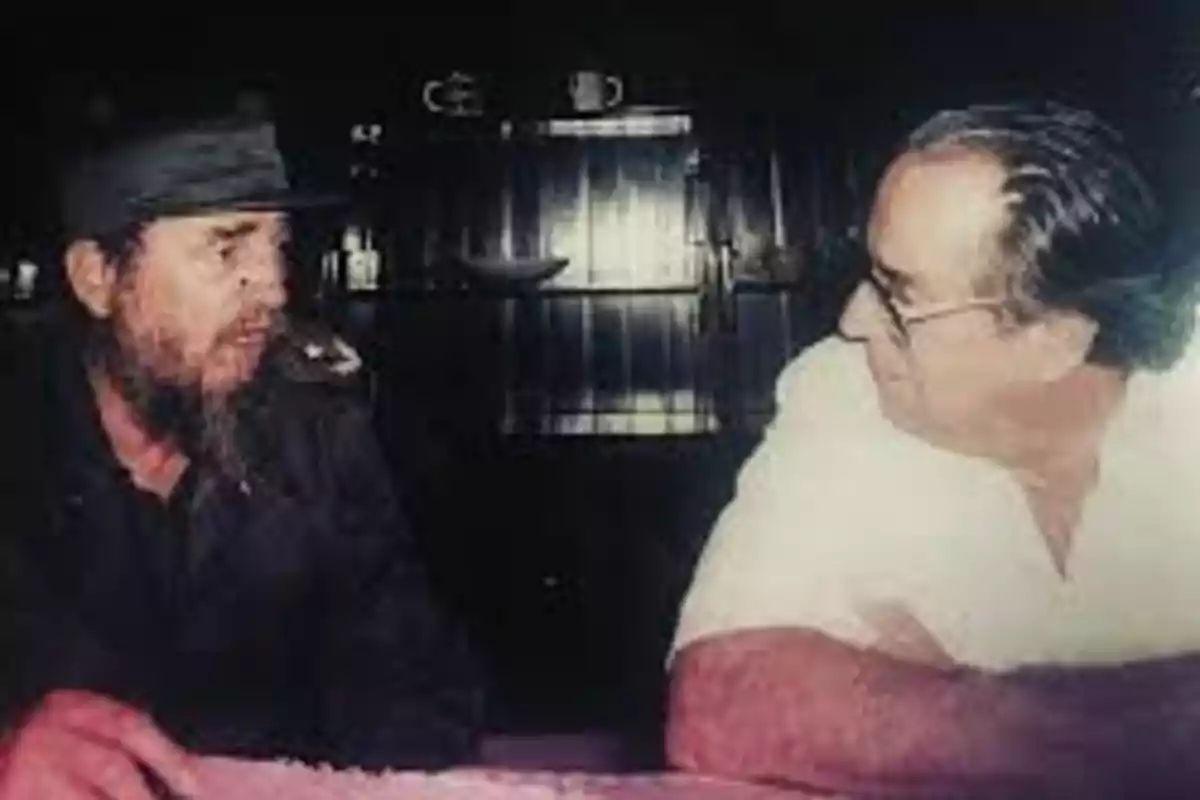
Wilson: the white man who wanted a socialist Uruguay
The Uruguayan who most wanted to replicate the model of Perón and Evita
In the public square of empty consensuses, few banners wave with as much unanimity as Wilson Ferreira Aldunate's. Just mentioning his name brings about automatic reverence: symbol of resistance, standard-bearer of freedom, martyr of democracy. However, as often happens in this republic of subsidized myths, it's wise to read the fine print of biographies before casting them in bronze.
His ideology was that of an enlightened statesman with aspirations of social redemption. His vision for the country, far from limiting political power, aimed to expand it in the name of the "common good": agrarian reform, expansion of the welfare state, and an industrial policy inspired more by Evita than by Adam Smith.
The agrarian reform he promoted didn't involve returning land to legitimate owners, but rather expropriating it to redistribute based on political criteria. The Wilsonist dream was that of a surveying and tutelary State, distributing plots as if handing out holy cards, in the name of a social justice he never explained how he would finance.
You may also be interested in this article about Mujica and his role in the 1970s, where the lesser-known background of an iconic figure is revealed.
His vision of the welfare state was not minimalist either. Rather, he intended to reinforce it. Wilson believed in a paternal State that would guarantee housing, health, employment, and happiness, as if that were a legitimate function of political power and not an excuse to interfere in every sphere of private life.
Regarding his industrial policy, it had all the hallmarks of Peronist interventionism: import substitution, promotion of artificial national industries, economic planning, and an almost religious enthusiasm for "national production," that abstraction that usually leads to unproductive monopolies sponsored by the State.
Liberalism? Only in aesthetics. His criticism of power was directed at the Armed Forces, not at state hypertrophy. His defense of freedom was abstract and emotional, not structural. Nothing in his thinking questioned the statist core of the Uruguayan model. In fact, he sought to reinforce it with a different narrative and a different epic, but with the same spending and the same apparatus.
You may also be interested in this logbook on Yamandú Orsi's first 100 days, a look at management from another angle of local progressivism.
Ferreira was a caudillo with social pretensions. That is precisely what should most concern those of us who do believe in freedom: the cult of the politician who promises everything, while preparing the ground for the State to regulate everything.
Today, in times of moral inflation and eternal deficit, it is urgent to recover lucidity: not everyone who opposed the dictatorship is a champion of freedom. Not everything that sounds fair is fair when someone else pays for it. Between freedom and Ferreira, authentic liberals made our choice long ago.
More posts: